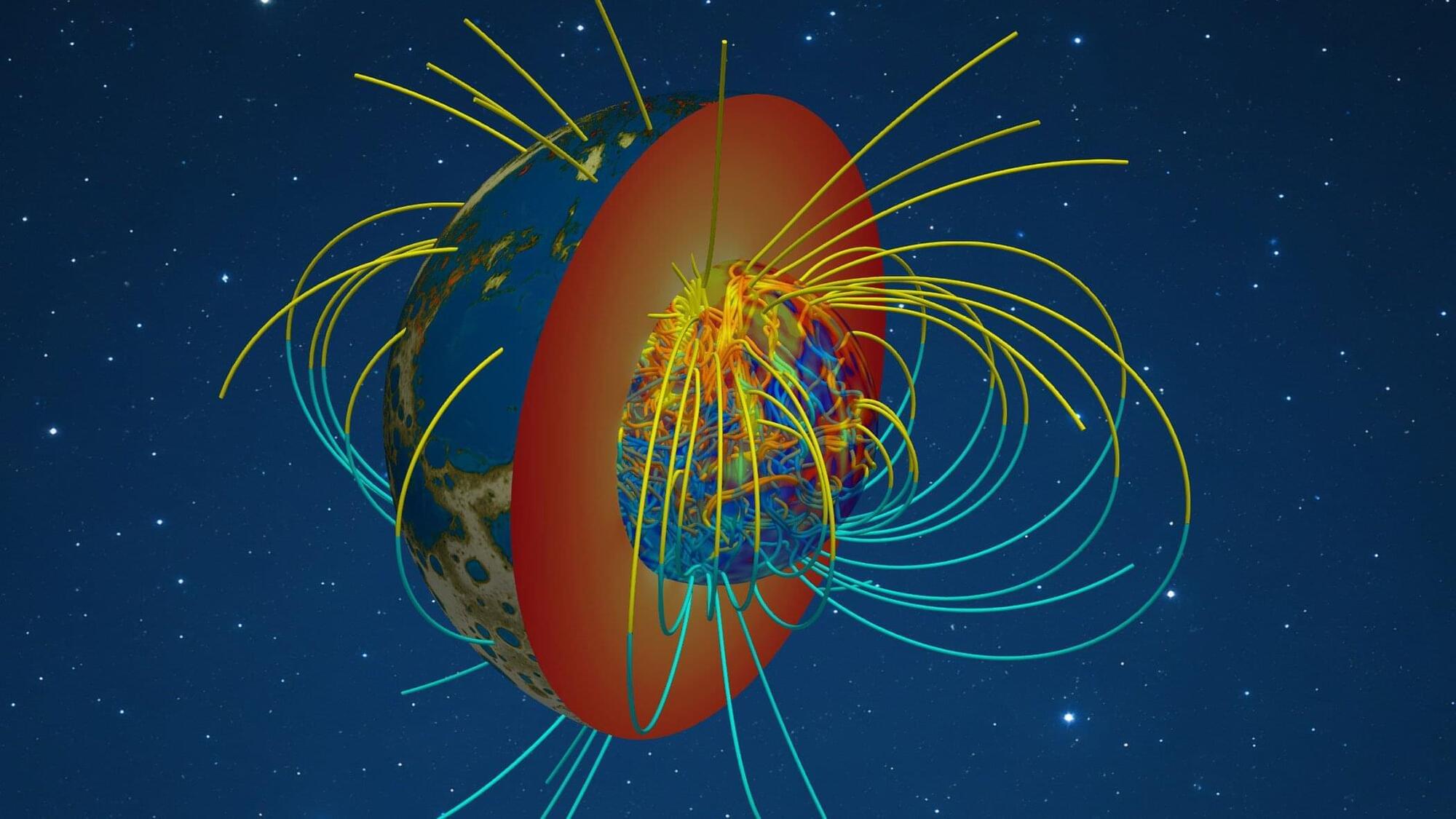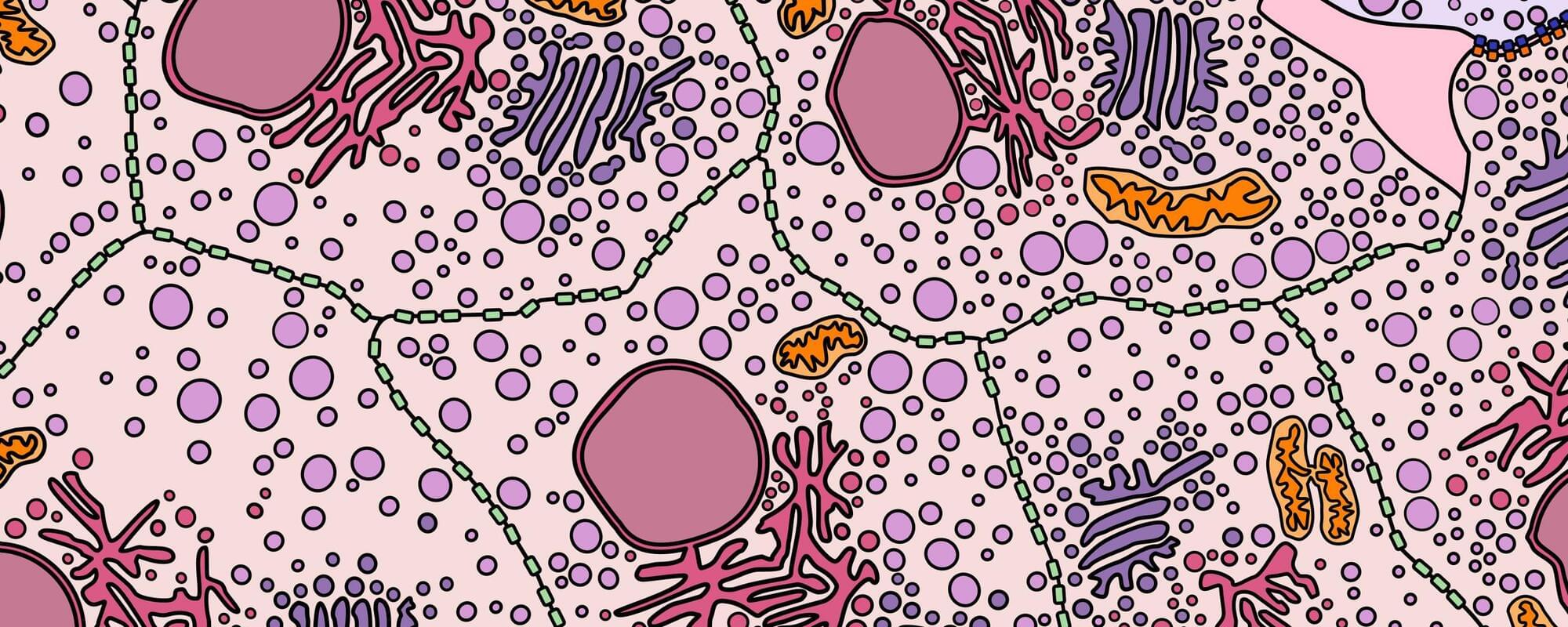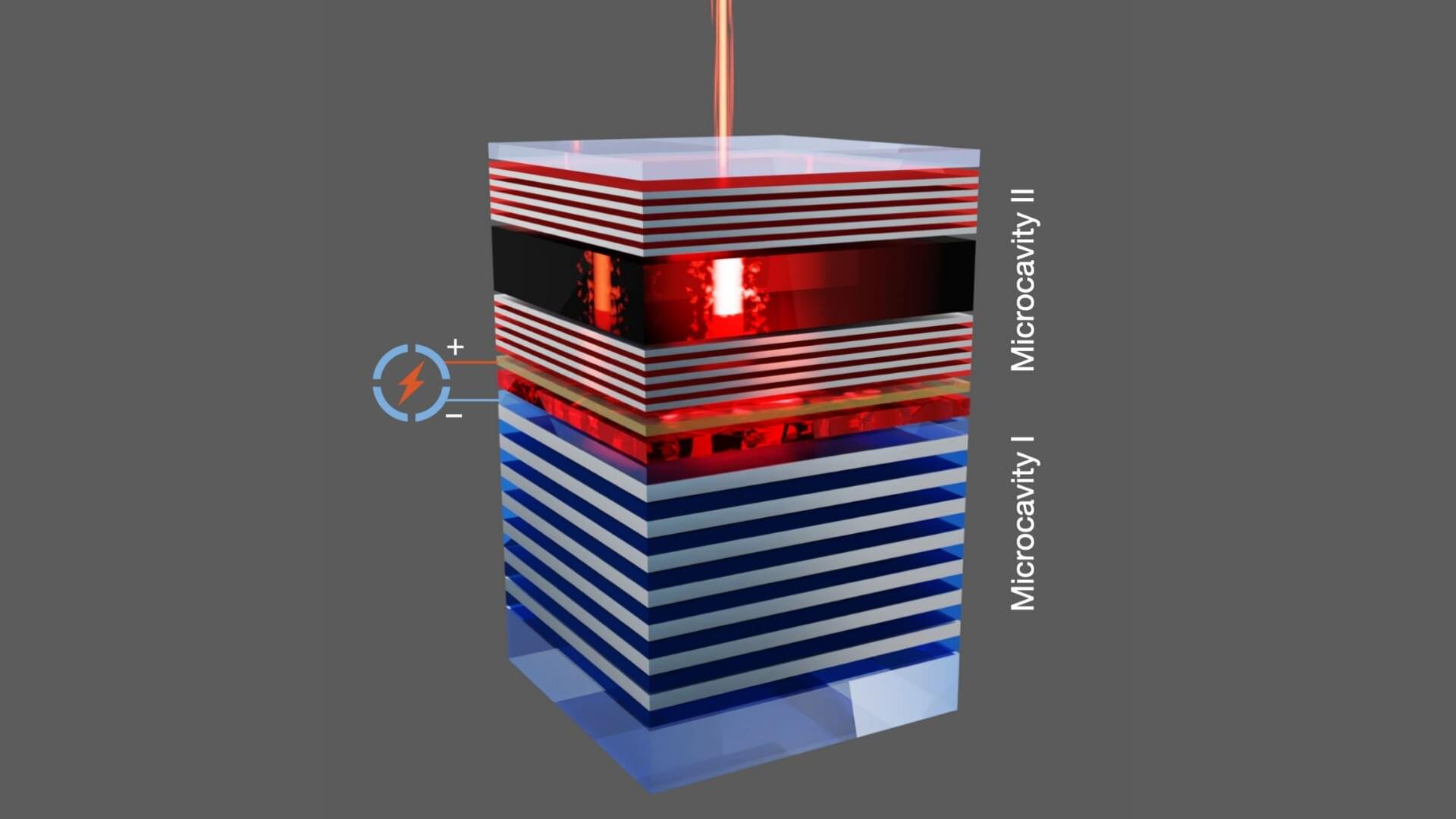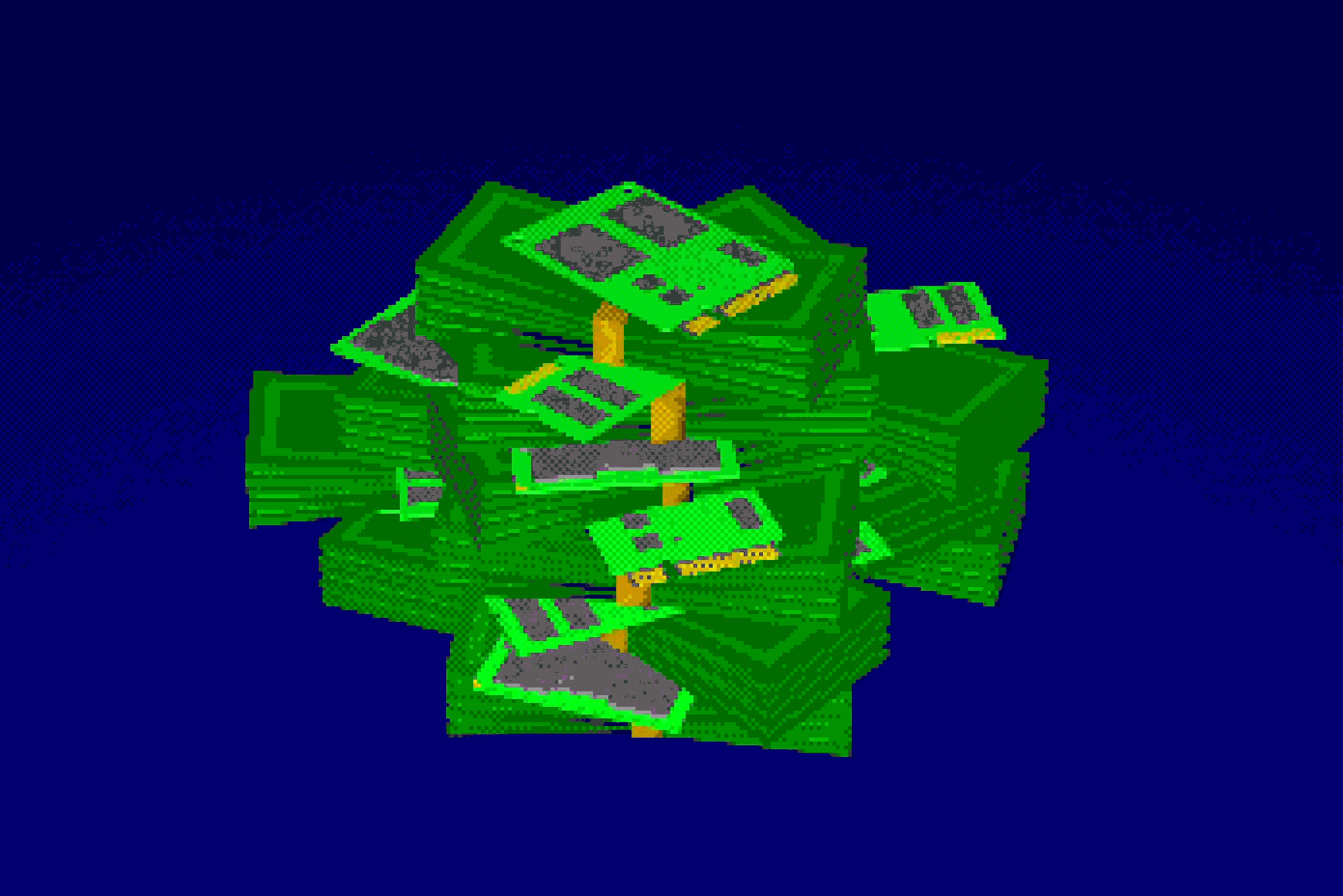A new model uncovers how Earth’s liquid core has sustained its magnetic field since the planet’s beginnings, offering new insights into its future. Earth benefits from the presence of a magnetic field, which acts as a shield against harmful cosmic radiation and makes life possible. In contrast, p








